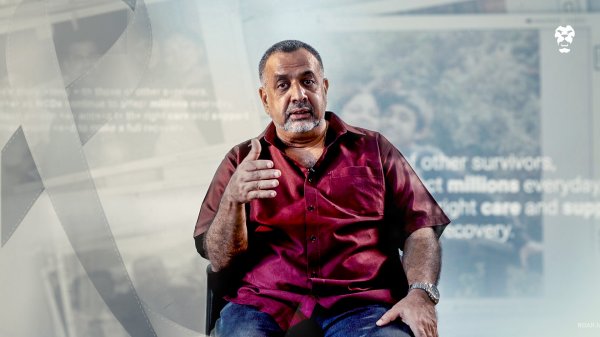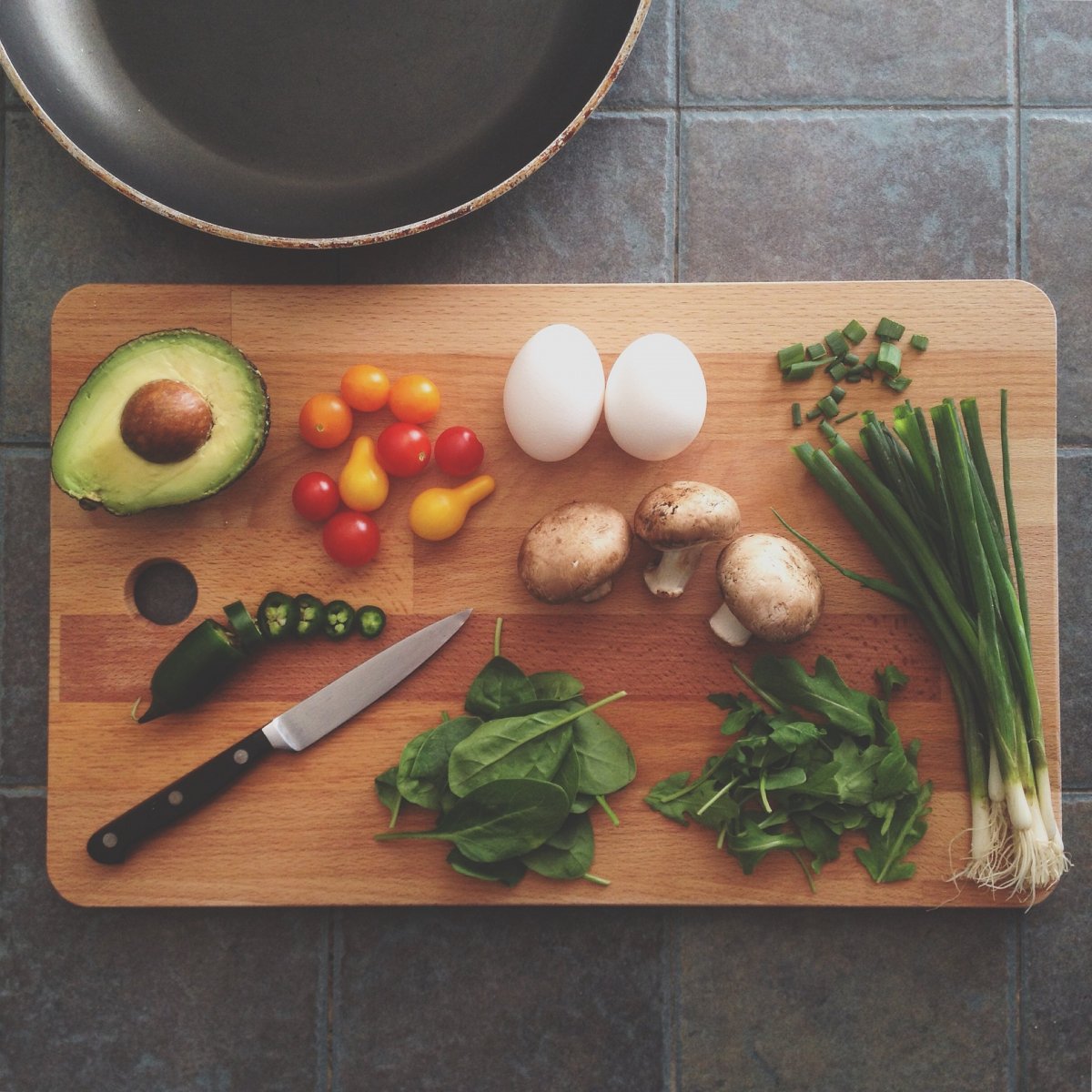
Protein is an essential macronutrient that fuels each cell in our bodies and drives key functions such as growth, tissue repair, digestion, and hormone regulation.
Sri Lanka is a country rich in locally available sources of plant-based and meat-based protein, including affordable and nutrient-dense options such as poultry. However, the country is also dealing with a nationwide issue of protein deficiency, contributing to the prevalence of various diet-related chronic diseases and other medical conditions.
Addressing this issue requires a combination of awareness and the proper inclusion of protein rich food to our diet.
Protein Deficiency in Sri Lanka
Our bodies do not store proteins, which is why a daily protein intake is vital to keeping us in good health. The average Sri Lankan consumes a diet consisting mainly of carbohydrates, with lesser amounts of protein and other nutrients.
According to Shayana Ameresekere, an Accredited Practicing Nutritionist at the Nawaloka Premier Wellness Centre, “We have an ongoing issue of undernutrition and overnutrition in Sri Lanka. As a country that has more carbohydrate-focused diets, it could be caused by an overall lack of education on nutrient-dense foods.”
Consider our favorite culinary staple, rice and curry. This home-cooked meal is usually served with an excessive amount of rice and smaller amounts of meat and vegetables, creating a surplus in carbohydrates and an eventual deficiency in protein.
Over time, such a deficiency can lead to skin, nail and hair problems, as well as fatigue, loss of muscle mass, stunted growth, poor immunity, anemia, low blood pressure, and other problems. Additionally, the typical Sri Lankan diet, which is high in starch, makes consumers more susceptible to diabetes, heart disease and weight gain, amongst other health complications.
How Poultry Can Help Meet Your Protein Needs
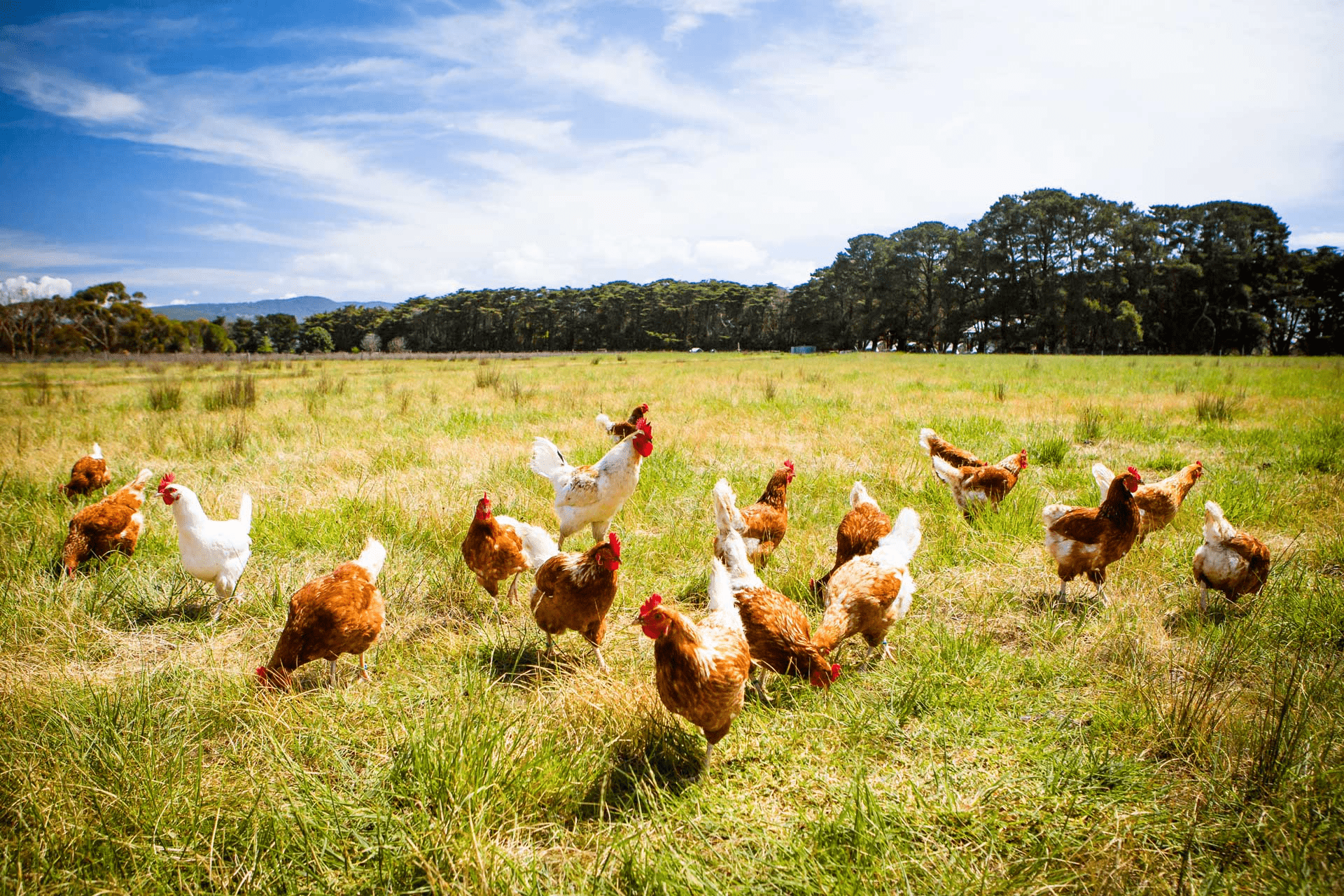
Apart from fish and dairy, poultry is one of the most accessible sources of complete proteins, rich with essential and non-essential amino acids, and recognized by the UN’s Food and Agricultural Organization (FAO) as a crucial dietary element in developing countries. Over the past two decades, the poultry industry in Sri Lanka has experienced exponential growth, making it one of the best options for optimising one’s daily protein intake. The industry encompasses a wide range of white meats including turkey, duck, quails and other game birds. However, over 70% of the local poultry market consists of chicken and eggs.
Research indicates the average Sri Lankan man has a daily protein intake of 52.8 grams and the average Sri Lankan woman, 40 grams. Both fall short of the minimum daily protein intake recommended by the Dietary Reference Intake (DRI), which is 56 grams for the average sedentary man and 46 grams for the average sedentary woman.
In order to meet our basic nutritional requirements, the DRI recommends consuming 0.8 grams of protein per kilogram of body weight each day. By meeting this daily intake with easily available, high-quality protein sources such as poultry, protein deficiency in Sri Lanka can be managed.
Healthy sources of poultry found locally
Chicken is a readily available poultry source found across the country. Utilized far less, duck and turkey are also rich in protein, serving as healthy alternatives when possible. Here are some of the key benefits that these poultry products provide.
- Chicken
In addition to being rich in protein and containing all essential amino acids, a lean cut of chicken also provides many additional vitamins and minerals, including Vitamin B12, Choline, Zinc, Iron and Copper. Linked to a better mood and increased energy levels, chicken stimulates more production of serotonin and improves cognitive functioning.
- Egg
Otherwise known as a “superfood”, eggs contain small amounts of essential nutrients needed for healthy functioning. Easily digested and absorbed, eggs are globally considered an excellent source of protein and other vital nutrients.
- Duck
Duck meat is highly nutrient-dense. Containing healthy unsaturated fats, duck is also a high-quality source of protein, which provides various non-essential and essential amino acids. It also contains a variety of micronutrients that help boost the immune system.
- Turkey
With 28g of protein per 100g, turkey supplies over half of an adult’s recommended daily protein intake. This meat is also rich in various vitamins and minerals, including Niacin, Choline, Selenium, Vitamin B-6, Vitamin B-12, Potassium, Calcium and more.
How To Pick Your Poultry And Meat Products
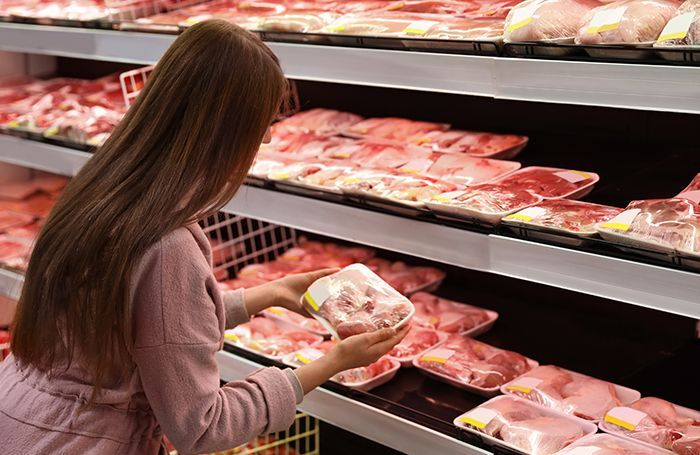
Sri Lanka has flexible rules and regulations, making it harder for the average consumer to identify safety factors when considering their poultry and meat purchases. However, these few tips can help:
- Find out whether your purchase is organic
- Choose lean meat with the lowest excess fat
- Check the origin of the meat (free range or mass produced)
- Check the expiration date and method of storage for store purchases
“Consuming a balanced diet is the best starting point to address protein deficiency in Sri Lanka,” said Shayana. “It’s also important to process and cook food in an effective manner that doesn’t damage the nutrients. For example, by tempering or frying meats and vegetables, you risk damaging your nutrients and substituting them with a lot of fat.”
Ultimately, preventing protein deficiency in Sri Lanka does not necessarily mean giving up the culinary staples we know and love. Rather, it’s about prioritizing our daily nutritional needs by being more selective and informed about our food choices, and making the necessary adjustments to our diet.

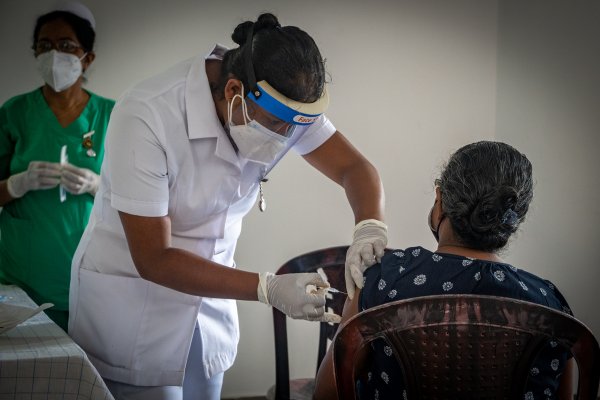
.jpg?w=600)


.jpg?w=600)

